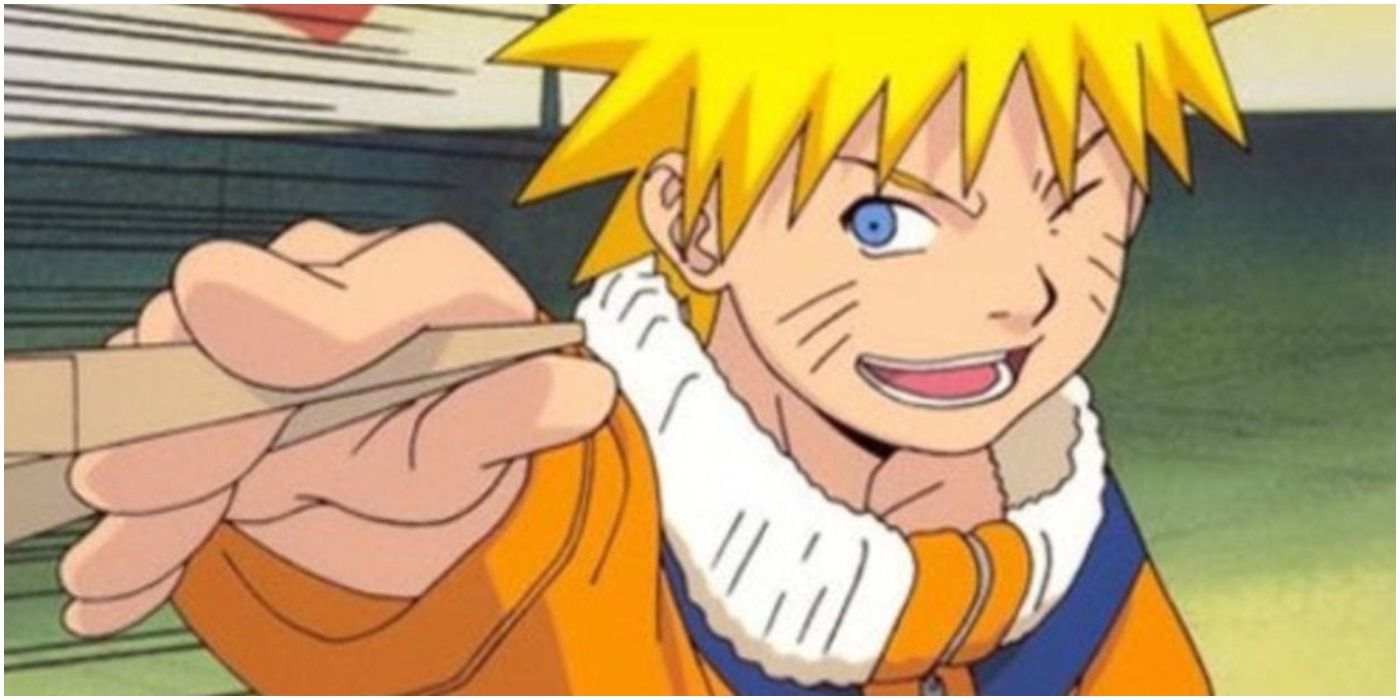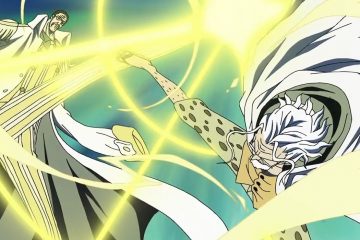Naruto Uzumaki’s distinctive “dattebayo” (だってばよ) catchphrase comes in many forms. The early anime dub by Viz Media translated it as “Believe it!” Later, it was changed to a simple “Ya know.” The manga didn’t use either of these terms until Naruto met Killer Bee. Until then, it was omitted entirely. The problem was that there’s no direct English equivalent to dattebayo, so nobody knew how to best convey the catchphrase to English-speaking audiences.The issue became more complicated when the rest of Naruto’s family was taken into account. The same “ya know” translation is used for his mother Kushina’s “dattebane” (だってばね) and the “dattebasa” (だってばさ) of his son Boruto, but these didn’t seem quite right, either. Finding the proper translation for Naruto’s dattebayo requires a better understanding of the term, and how it’s used in both the anime and actual Japanese conversations.To better understand dattebayo’s meaning, it must be dissected and broken down into its individual parts. The first part of this phrase is the simple particle “da” (だ). It’s used at the end of declarative sentences and is the informal version of “desu” (です). A good way to think about it is as an “it is,” just at the end of a sentence rather than in the middle of it. Many agree that this use remained unchanged for dattebayo since both are used to cap off sentences.
Naruto Uzumaki’s distinctive “dattebayo” (だってばよ) catchphrase comes in many forms. The early anime dub by Viz Media translated it as “Believe it!” Later, it was changed to a simple “Ya know.” The manga didn’t use either of these terms until Naruto met Killer Bee. Until then, it was omitted entirely. The problem was that there’s no direct English equivalent to dattebayo, so nobody knew how to best convey the catchphrase to English-speaking audiences.
The issue became more complicated when the rest of Naruto’s family was taken into account. The same “ya know” translation is used for his mother Kushina’s “dattebane” (だってばね) and the “dattebasa” (だってばさ) of his son Boruto, but these didn’t seem quite right, either. Finding the proper translation for Naruto’s dattebayo requires a better understanding of the term, and how it’s used in both the anime and actual Japanese conversations.
To better understand dattebayo’s meaning, it must be dissected and broken down into its individual parts. The first part of this phrase is the simple particle “da” (だ). It’s used at the end of declarative sentences and is the informal version of “desu” (です). A good way to think about it is as an “it is,” just at the end of a sentence rather than in the middle of it. Many agree that this use remained unchanged for dattebayo since both are used to cap off sentences.
#True #Meaning #Dattebayo #Mistranslated
Note:- (Not all news on the site expresses the point of view of the site, but we transmit this news automatically and translate it through programmatic technology on the site and not from a human editor. The content is auto-generated from a syndicated feed.))



